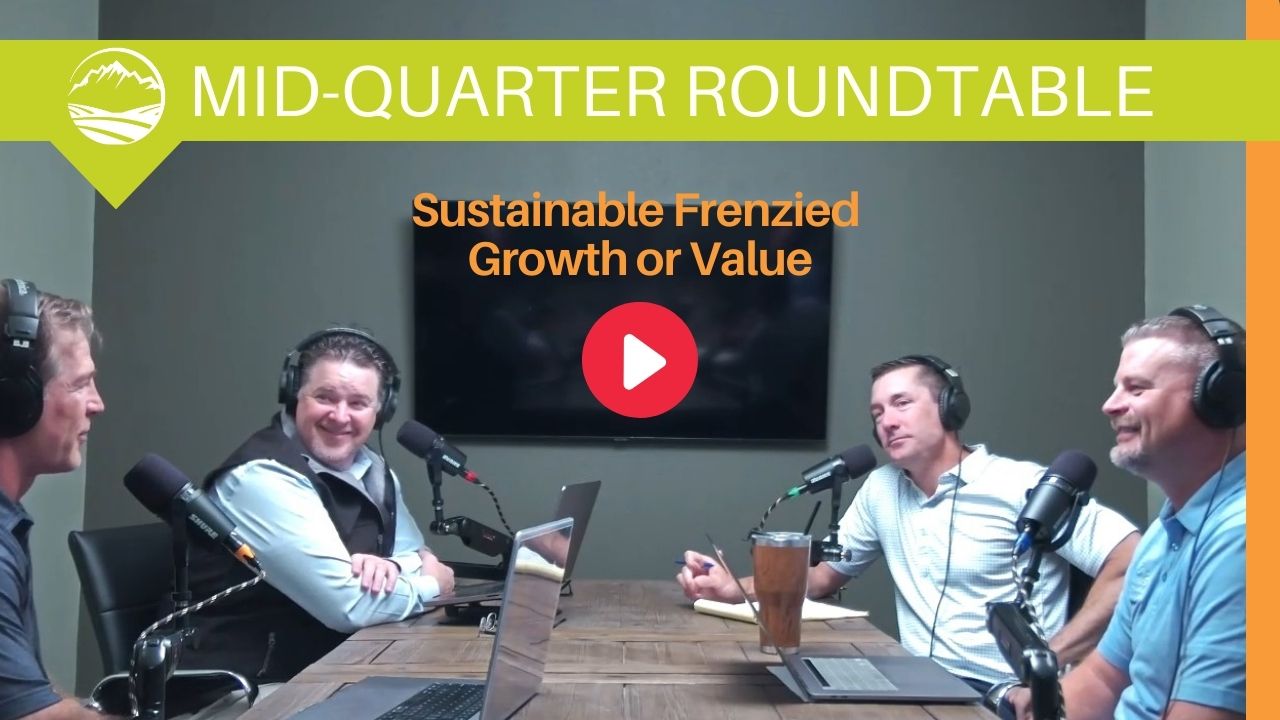You are now leaving the Strong Valley Wealth & Pension, LLC ("Strong Valley") website. By clicking on the "Schwab Alliance Access" link below you will be entering the Charles Schwab & Co., Inc. (“Schwab”) Website. Schwab is a registered broker-dealer, and is not affiliated with Strong Valley or any advisor(s) whose name(s) appears on this Website. Strong Valley is/are independently owned and operated. Schwab neither endorses nor recommends Strong Valley. Regardless of any referral or recommendation, Schwab does not endorse or recommend the investment strategy of any advisor. Schwab has agreements with Strong Valley under which Schwab provides Strong Valley with services related to your account. Schwab does not review the Strong Valley website(s), and makes no representation regarding the content of the Website(s). The information contained in the Strong Valley website should not be considered to be either a recommendation by Schwab or a solicitation of any offer to purchase or sell any securities.

Changing jobs can be a difficult decision, but it can also be a great opportunity for growth and advancement in your career. However, when companies do layoffs, it can be a stressful and uncertain time for employees. Here are some ideas to think about when balancing the Pros and Cons of changing jobs.

Changing jobs can be a difficult decision, but it can also be a great opportunity for growth and advancement in your career. However, when companies do layoffs, it can be a stressful and uncertain time for employees. One question that often arises during layoffs is whether the practice of "last in, first out" (LIFO) is used.
LIFO is a method of layoffs in which the last employees hired are the first to be let go. This method is often used because it is seen as the most fair and objective way to determine which employees will be laid off. The idea is that the employees who have been with the company the longest have had the most time to prove themselves and make valuable contributions to the company.
However, some critics argue that LIFO is not always the best method for layoffs. For example, if a company is trying to reduce costs by cutting staff, it may make more sense to let go of the highest-paid employees, regardless of how long they have been with the company. Additionally, if a company is trying to streamline its operations, it may make more sense to let go of employees in less essential roles, regardless of their tenure.
Another method of layoffs that is sometimes used is "first in, first out" (FIFO), in which the first employees hired are the first to be let go. This method is often used in unionized workplaces, where the seniority of employees is a key factor in determining layoffs. However, like LIFO, FIFO can also have its drawbacks.
For example, if a company is trying to reduce costs by cutting staff, it may make more sense to let go of the highest-paid employees, regardless of how long they have been with the company.
In addition to LIFO and FIFO, some companies may also use a "performance-based" approach to layoffs. Under this method, employees are evaluated based on their job performance, and those who are performing poorly are more likely to be let go. This approach can be beneficial in that it ensures that the company is retaining its best employees, but it can also be difficult to implement fairly, as performance evaluations can be subjective.
It is worth noting that there is no federal law mandating how employers must conduct layoffs. It is up to each individual company to decide the best way to proceed. Some states, however, have their own laws or regulations that employers must follow when conducting layoffs.
Layoffs can be a difficult and uncertain time for employees, and the method used to determine who will be let go can have a big impact on how fair and objective the process is perceived to be. While LIFO and FIFO are the most common methods used, performance-based approach and other methods are also used in some companies. Ultimately, it is up to the individual company to decide the best way to proceed, but it is important to consider all the options and their potential consequences.



